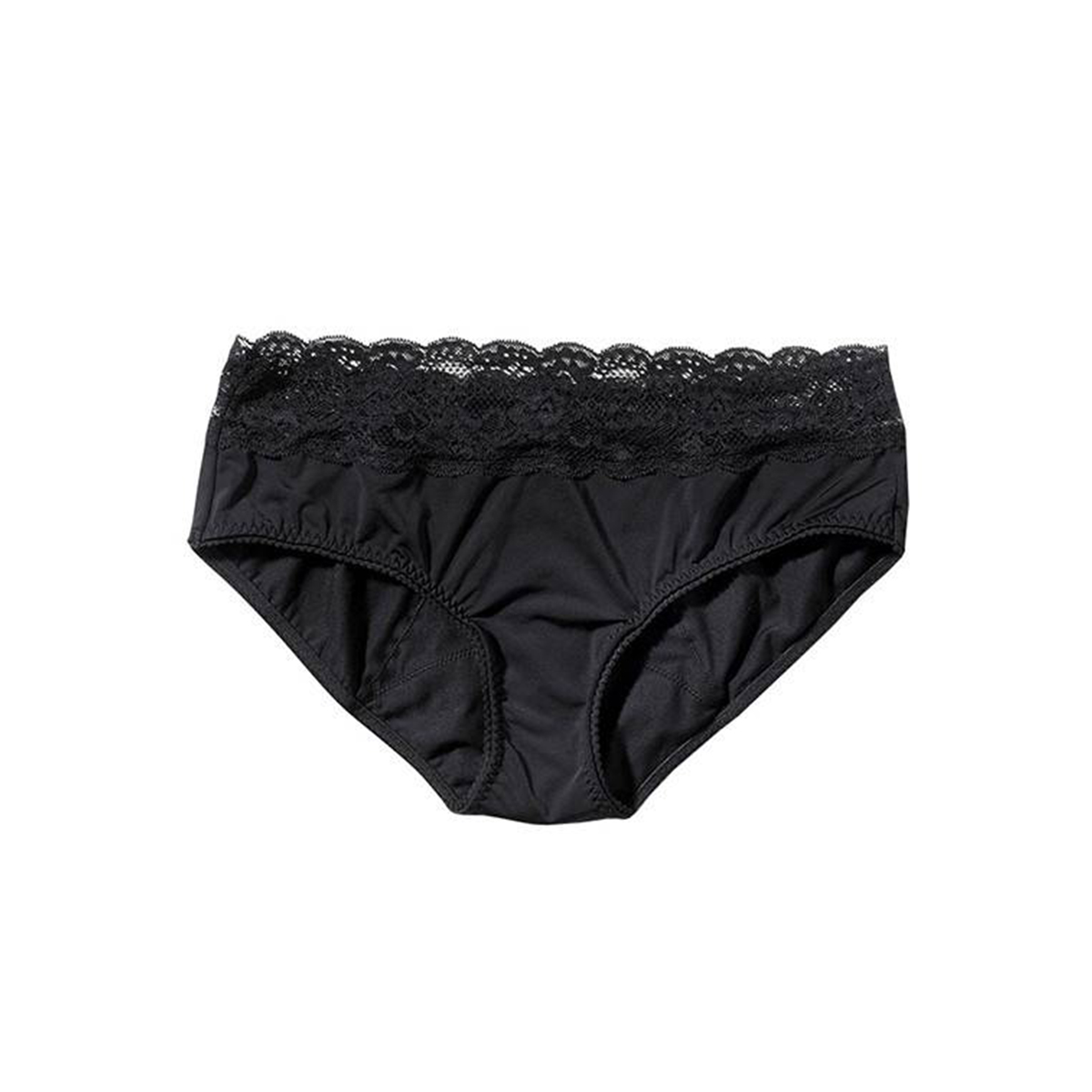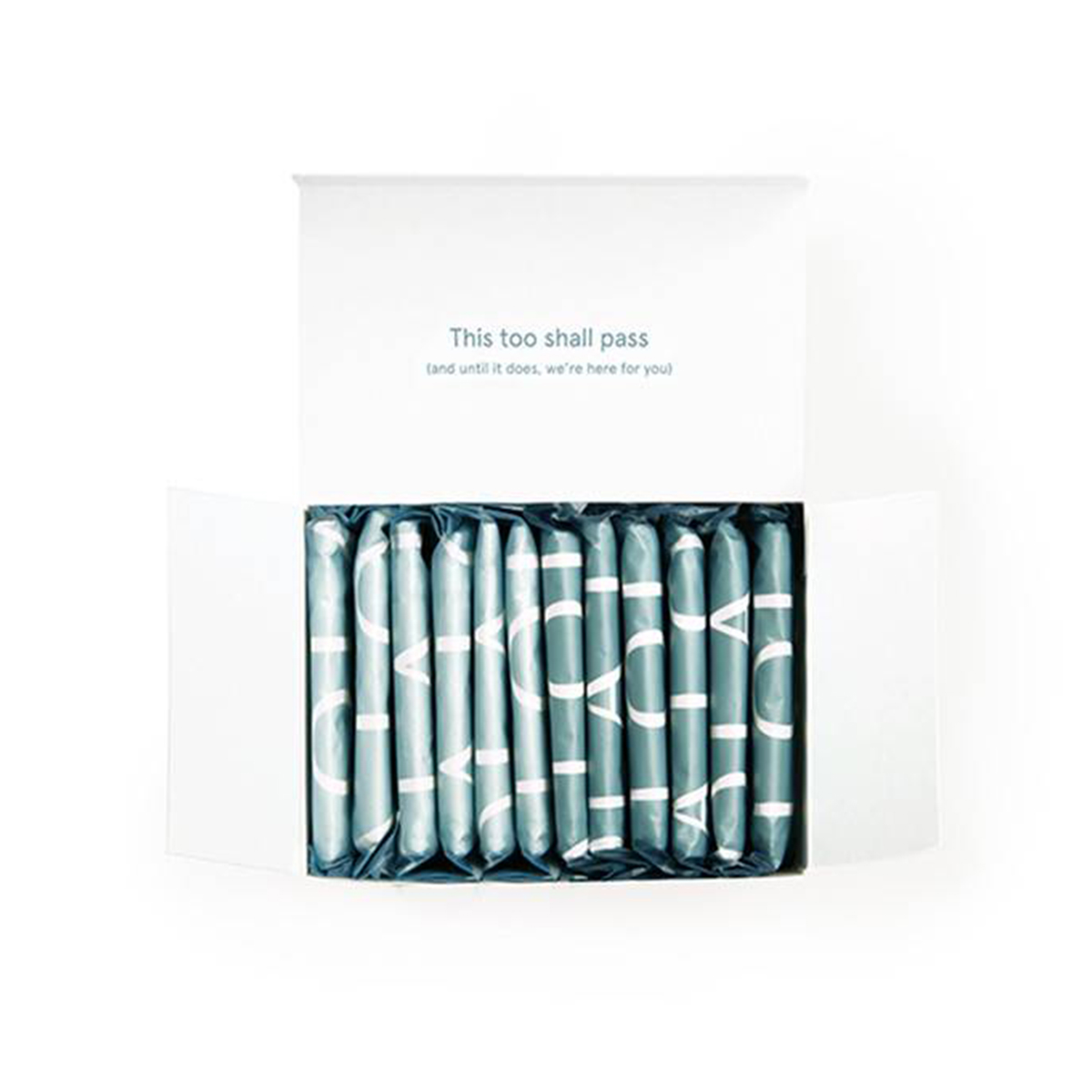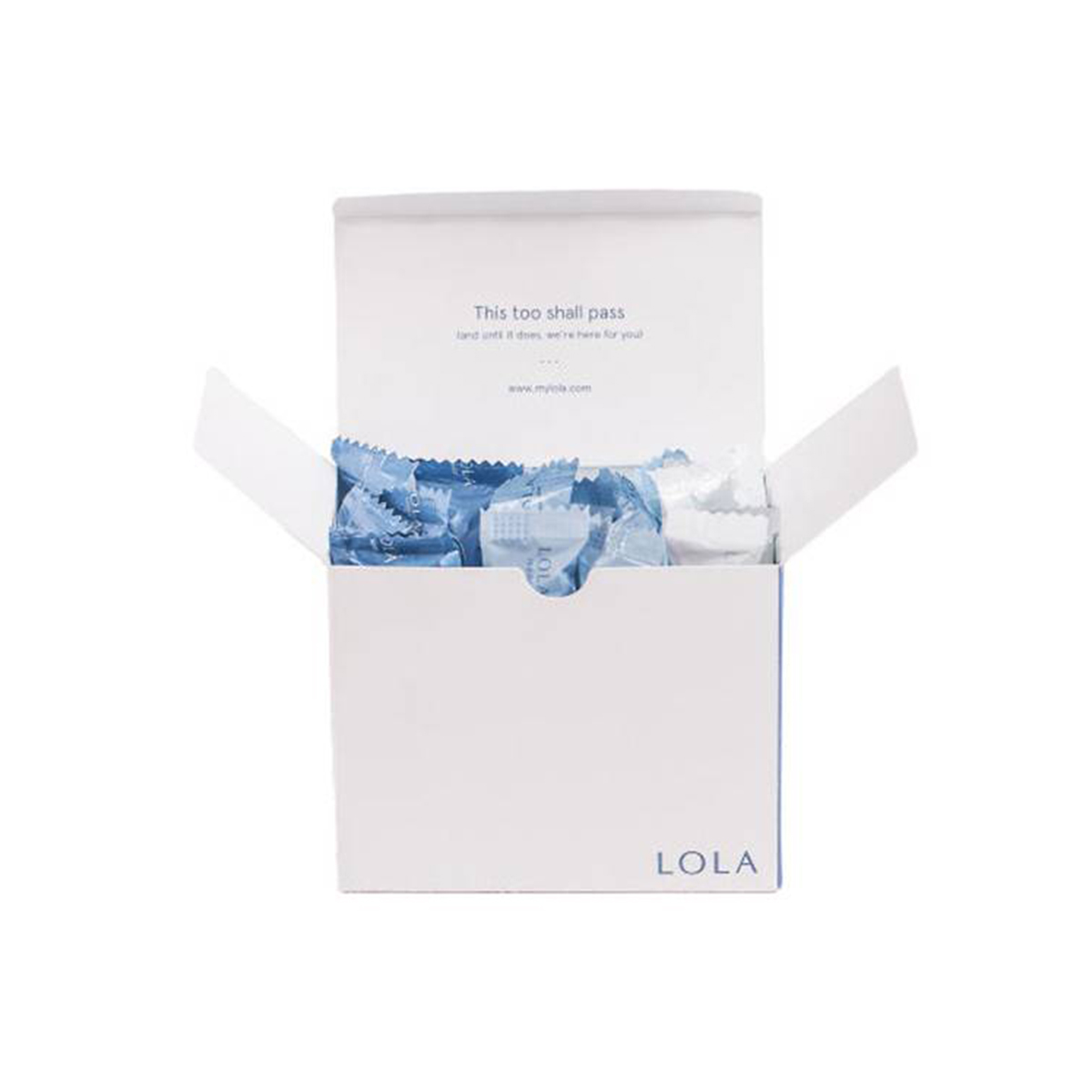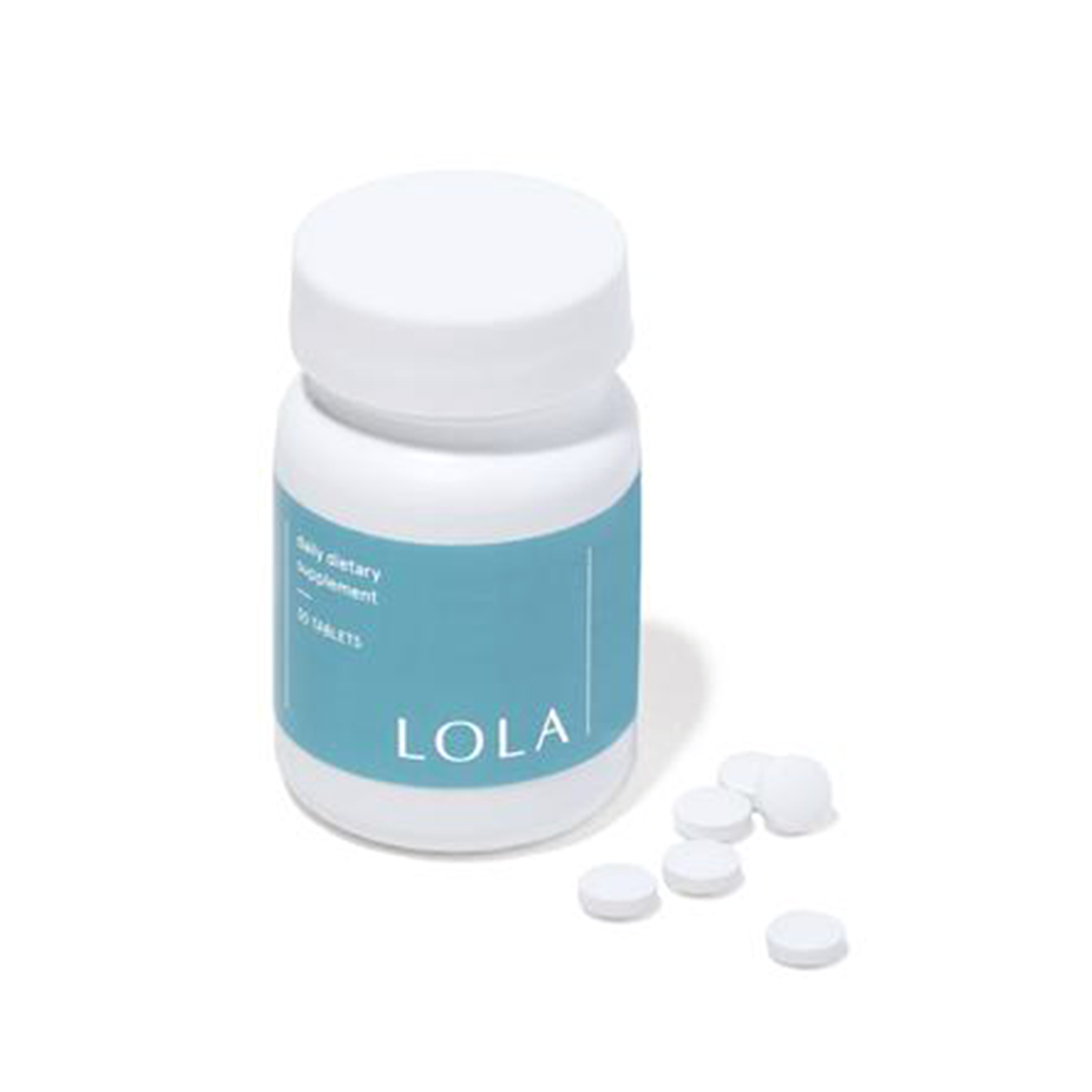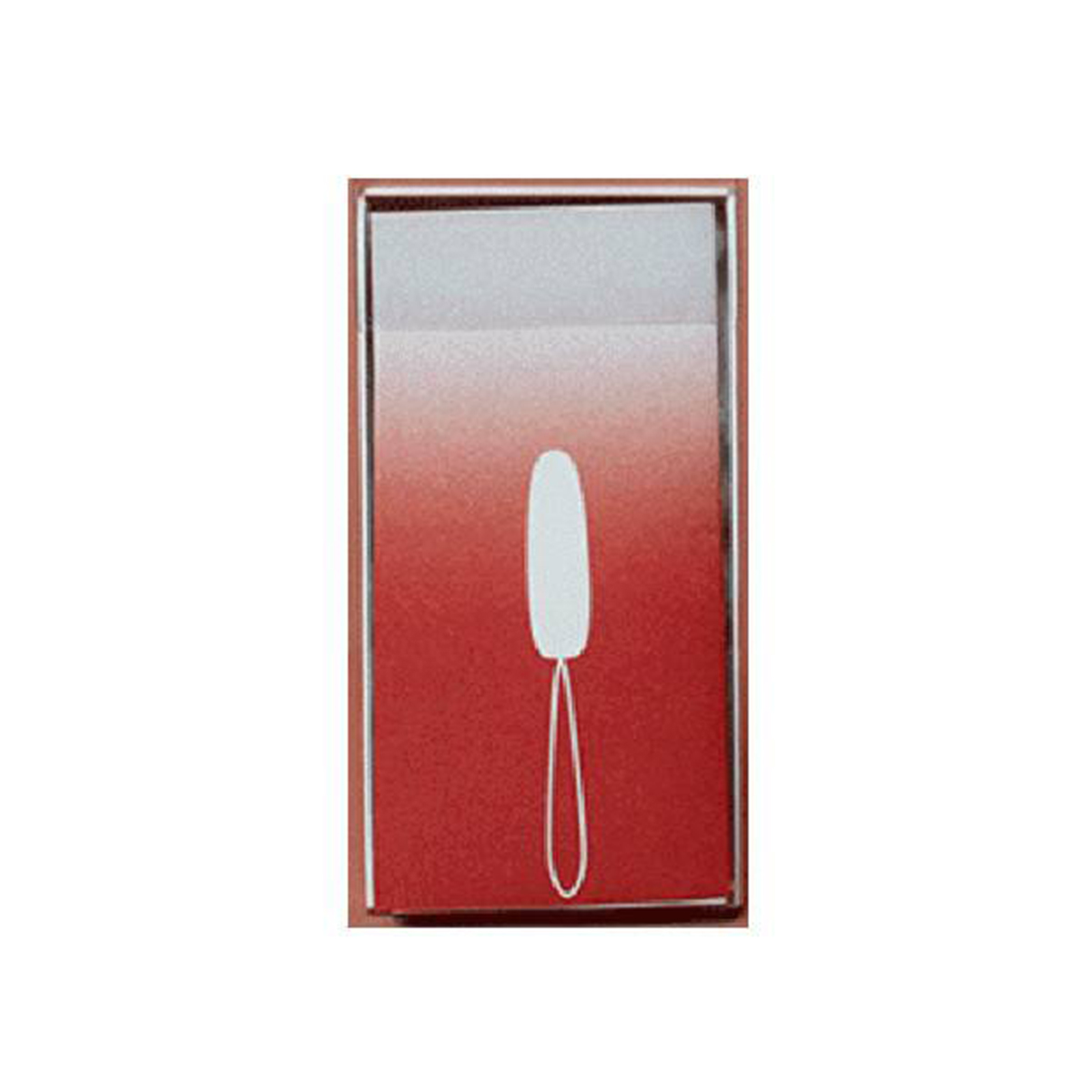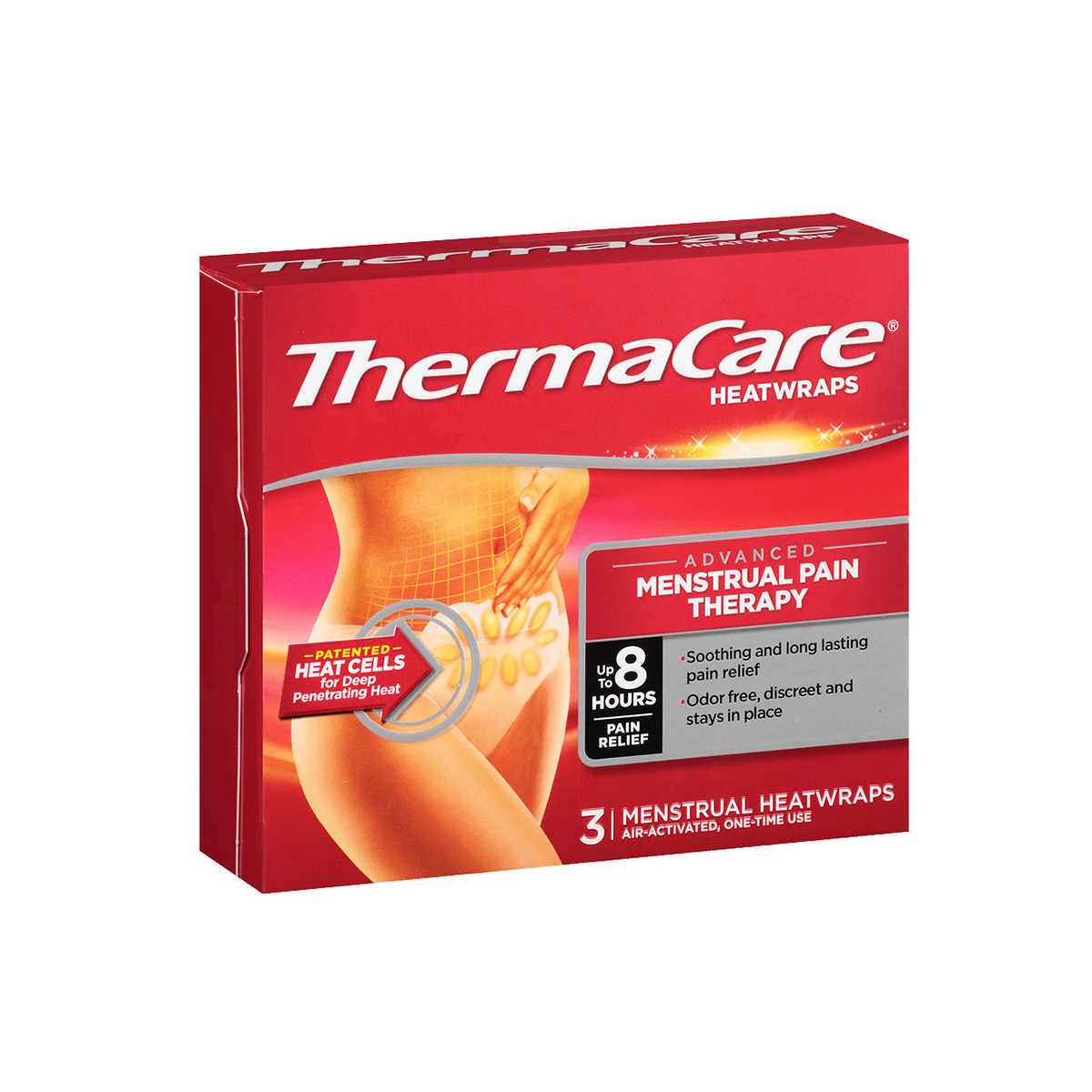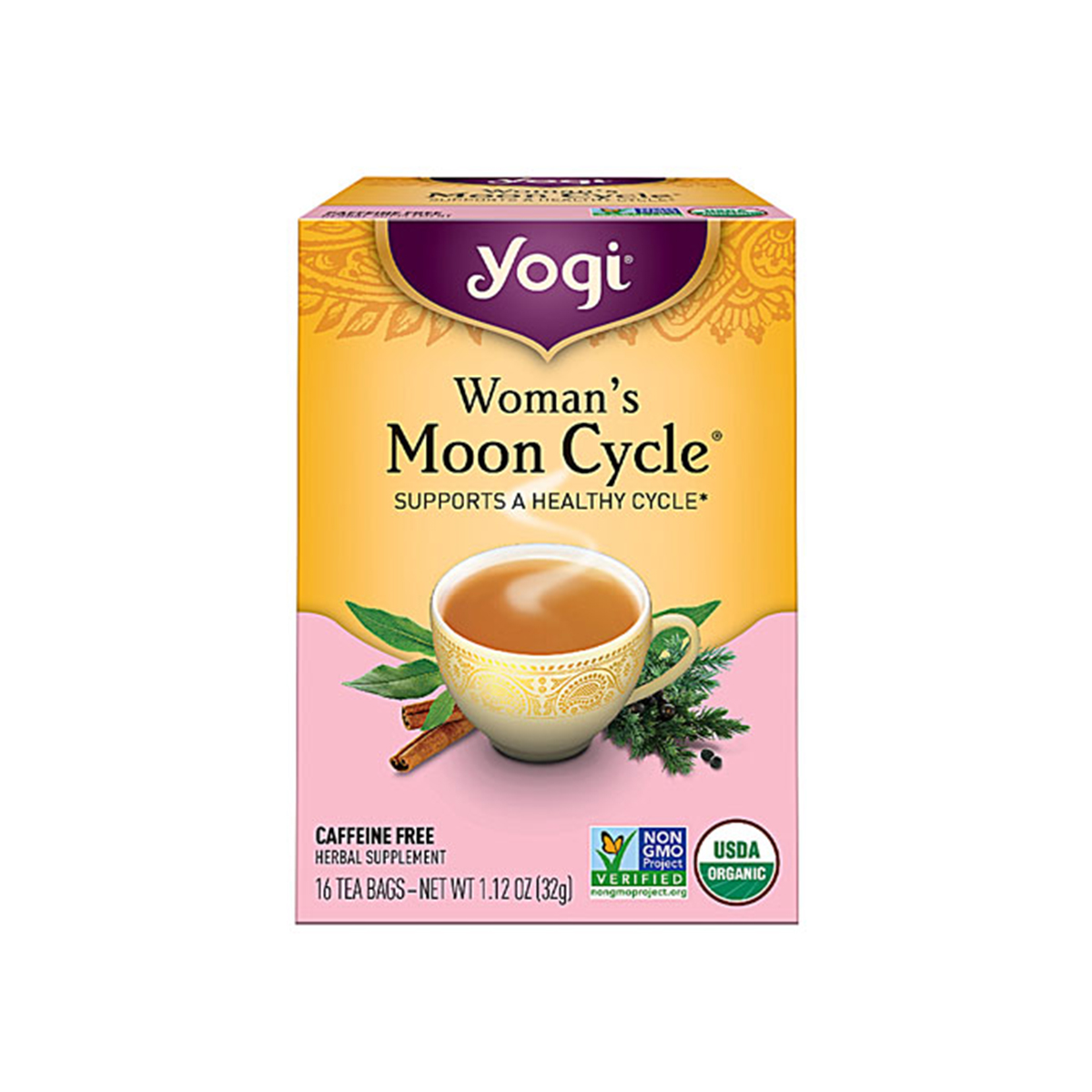A Gyno Shares Why Summer Periods Can Feel Different

Fact: Being a woman is so empowering. *Sings Beyoncé lyrics, "Who run the world? Girls," while simultaneously dancing on a desk chair.* Real talk, though, womanhood comes with a lot, but today we're talking about one specific part of being a woman: menstrual cycles. Every month, Mother Nature likes to remind us she's alive and thriving. Some people dread that time of the month, but I embrace it. I remember being so excited and a little scared when it first came into my life during my pre-teen years. My mom taught me to view my period as a beautiful sign of maturity, and now, I usually try to view PMS as a good excuse to prioritize self-care and eat a tub of ice cream if I feel like it.
However, recently, I've been experiencing taxing side effects. This summer, my period symptoms have skyrocketed. Seriously, my cramps have been at an all-time high, my flow is way heavier, and my mood is oh so testy during that time of the month. I've been curious if my unbearable period symptoms are affected by summer's heat, or if it's something unrelated to the season entirely.
Science says that stress is one of the most common causes of irregular periods. According to this study, women under stress are 25 times more likely to have severe cycle symptoms. This study reports that stress can also lead to other adverse effects like missed periods from something called secondary amenorrhea. I have, admittedly, been feeling quite a bit of stress recently, so I reached out to Anate Brauer, MD, a fertility specialist and ob-gyn at Greenwich Hospital to learn more about how stress and seasonal shifts might be affecting my cycle.
Seasonal Shifts Affect Menstrual Cycle Length and Severity
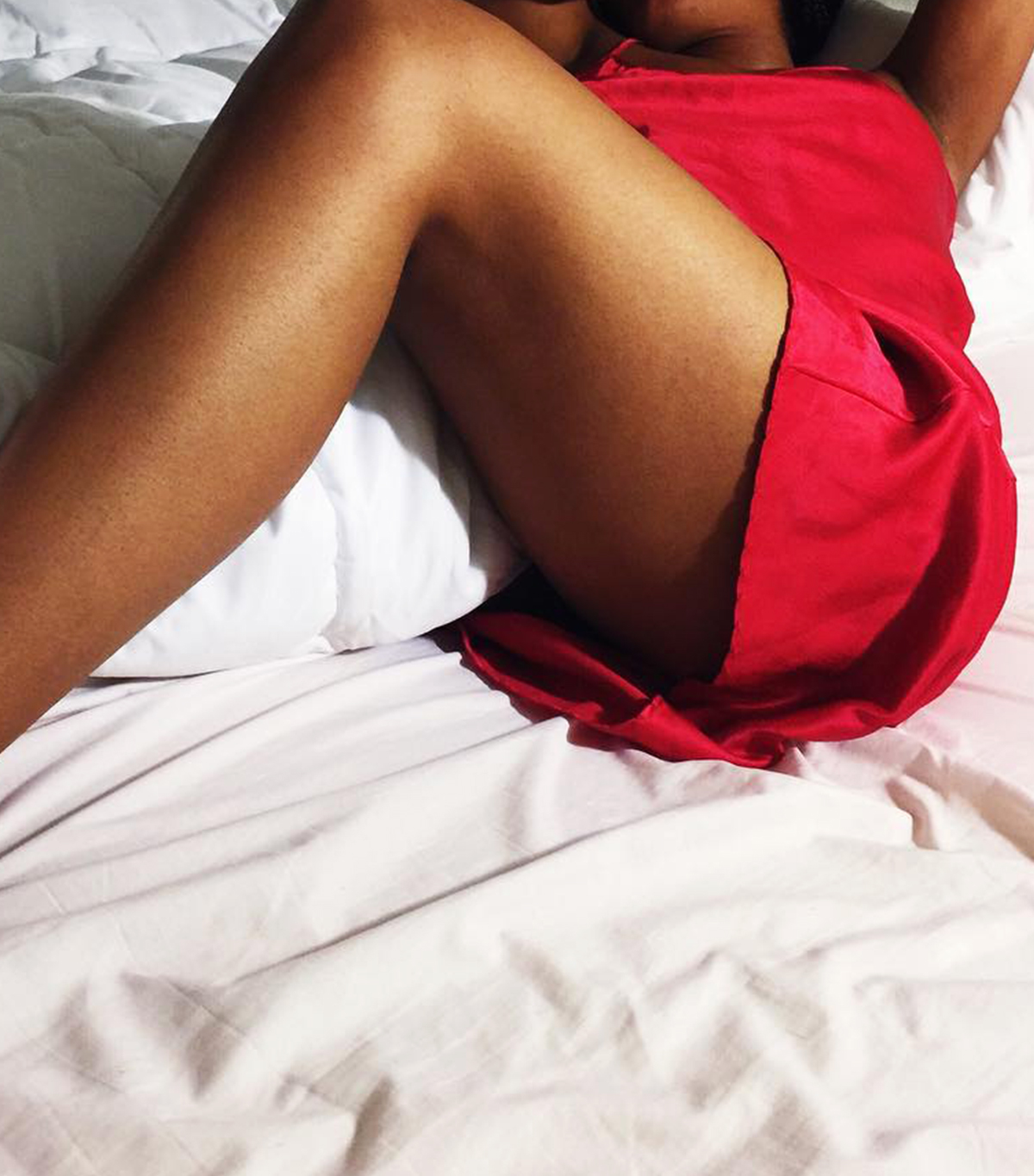
"Seasonal shifts may affect menstrual cycle length and severity," confirms Brauer. "Each month, at the beginning of a period, you start with a bunch of small resting eggs housed in fluid-filled sacs called follicles. Your brain then makes a hormone called follicle stimulating hormone (FSH), which tells the ovary to grow one of these eggs. As the egg grows, it matures and eventually ovulates." She explains that vitamin D, which the body produces in response to sun exposure, may have an effect on the efficiency of follicular growth, resulting in a slightly shorter cycle during summer.
What Else Can Make Your Periods Feel Heavier or PMS Symptoms More Severe?
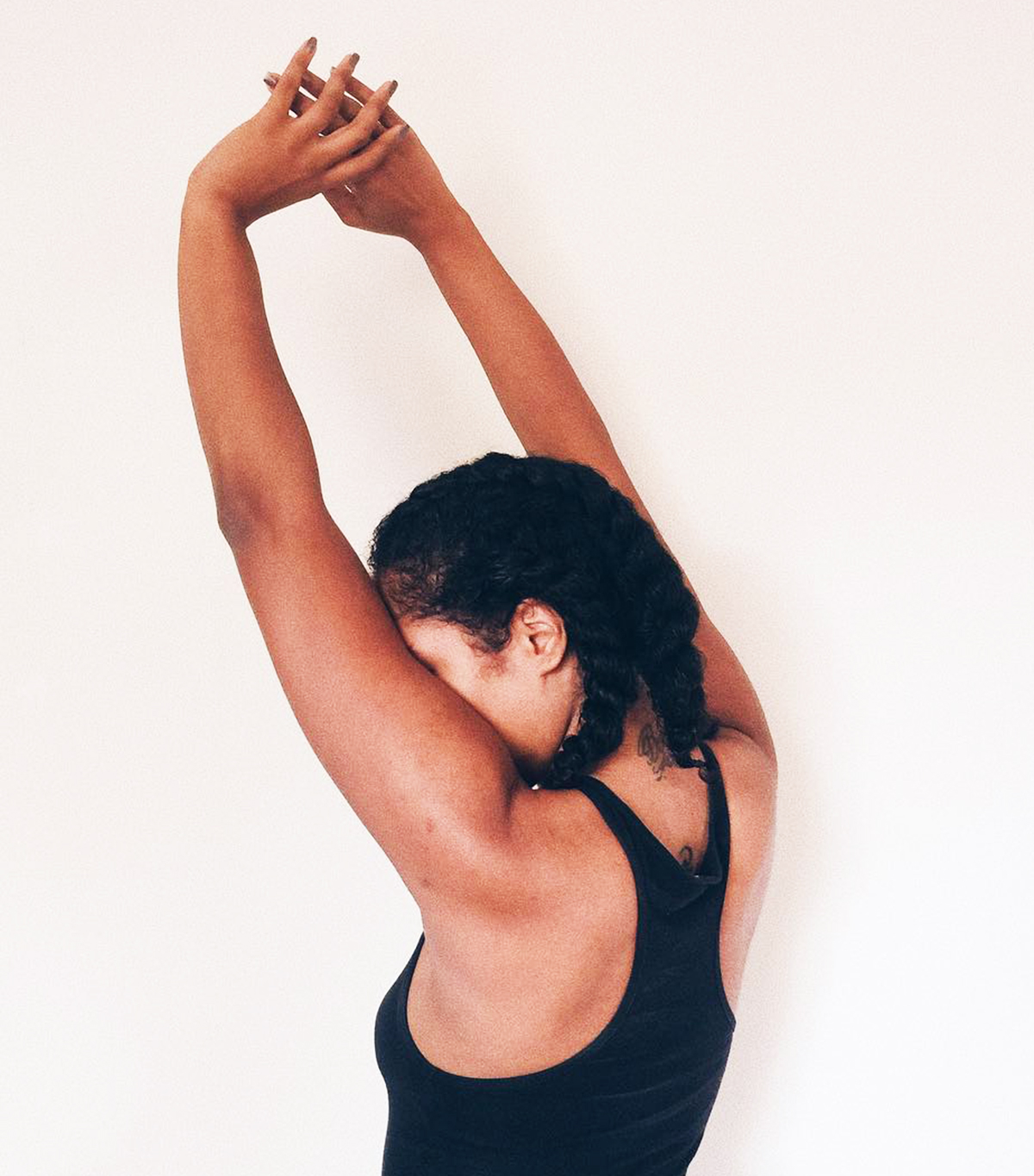
If science says the summer heat isn't the reason my periods have been feeling heavier recently, what else could the cause be? We know stress plays a role, but there could be other important factors at play. After all, not everyone is stressed all the time, right?
"Heavy flow, often accompanied by painful cramping, can be due to non-cancerous growths in the uterus such as polyps, fibroids, and adenomyosis, which is growth of the lining of the uterus in the muscle of the uterus," explains Brauer. "Dysfunctional ovulation, sometimes contributed to by weight gain, can also cause heavy, irregular periods. Heavy, painful periods can also be a sign of pre-cancerous or cancerous cells in the lining of the uterus, so make sure to talk to your doctor about any concerning changes in your cycle."
Some Expert Advice to Ease Your Period Pain
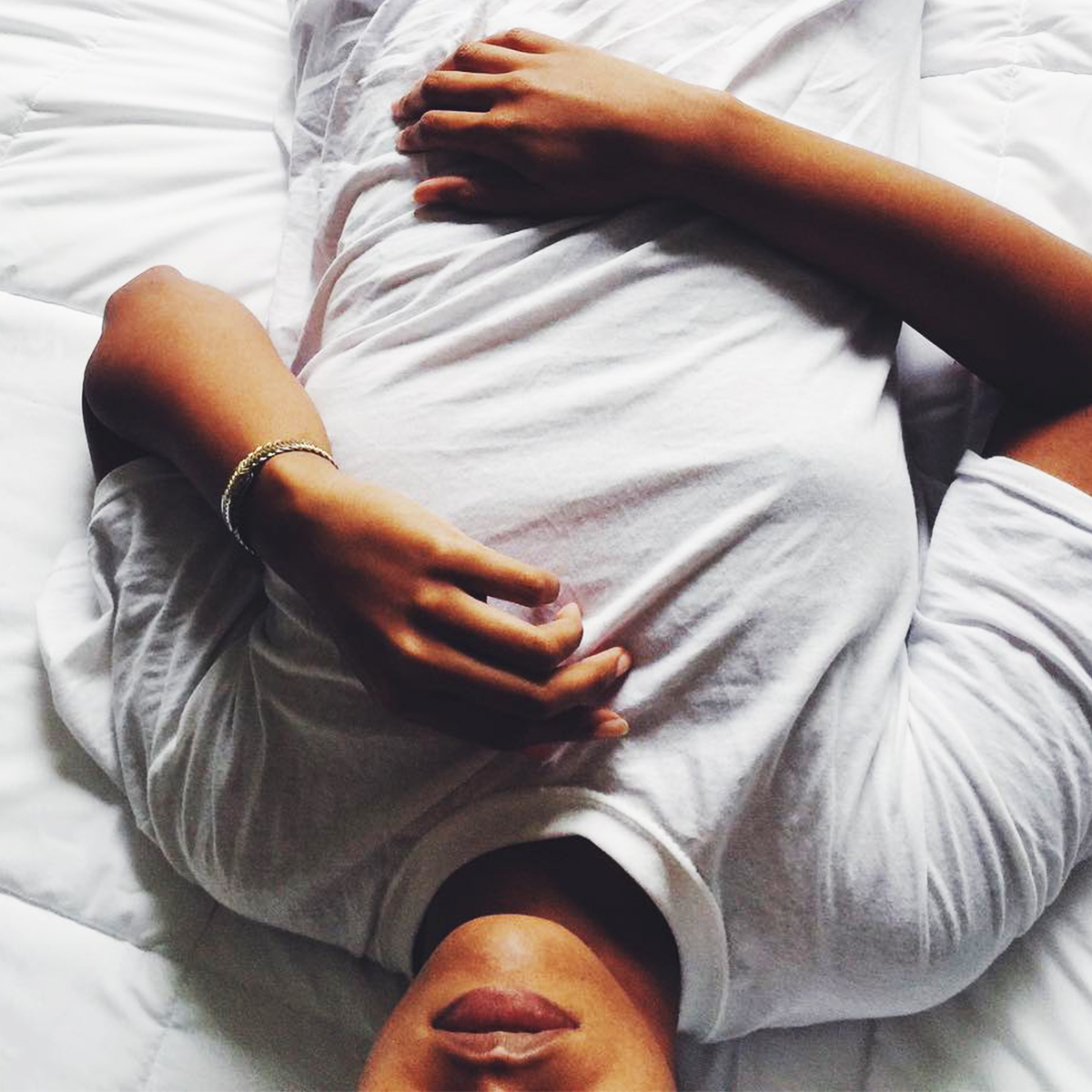
According to Brauer, your activity levels can significantly affect the pain associated with your period. "A higher level of activity and exercise, which you are more likely to engage in when the weather is nice, can lead to the release of endorphins, the body's natural painkillers, which help alleviate cramping and elevate mood," she explains. "So increase your activity!"
Brauer also suggests taking magnesium, calcium, omega-3s, and vitamin D supplements during your cycle because they've been shown to potentially improve PMS symptoms. "Non-steroidal anti-inflammatory medication such as ibuprofen blocks production of prostaglandins, which are responsible for period cramps," she explains. "If cramping is severe during the first one to two days of your period, try taking ibuprofen as directed up to 48 hours prior to the start of your period. This will help prevent prostaglandin release, resulting in pain prevention."
While we're at it, shop these health-conscious, female-first products that'll make your periods feel like a breeze.
Up next: the six best supplements to take on your period.
This article is provided for informational purposes only and is not intended to be used in the place of advice of your physician or other medical professionals. You should always consult with your doctor or healthcare provider first with any health-related questions.
